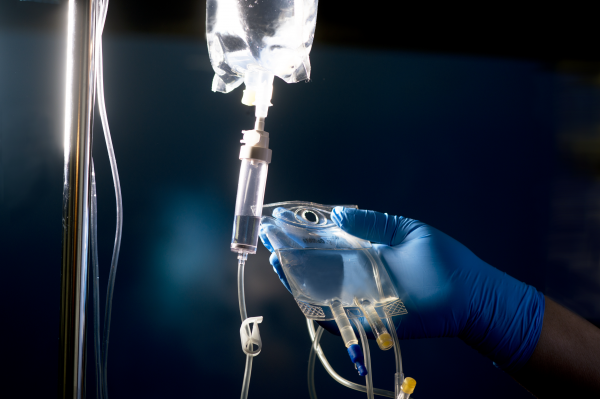The peak body of cancer specialists and a patient advocacy group are proposing a suite of measures aimed at better protecting Australian cancer patients from financial stress.
The ‘Cancer Care, No Gaps’ proposal by the Private Cancer Physicians of Australia (PCPA) and Rare Cancers Australia includes Cancer Care Patient Safety Net that is triggered the moment a diagnosis of cancer is made.
“To tell a patient they have cancer, is hard,” said PCPA president Associate Professor Christopher Steer.
“To watch that patient, and their family, then struggle with the worry and stress over the financial impact of such a diagnosis, is something we can no longer tolerate, without trying to do as much as we can to lessen that burden.
"As private cancer physicians providing high quality, personalised, patient-centred care, we work very hard to negate the out-of-pocket expenses that are within our control. But there are also other appointments, scans, medicines and a range of unexpected costs, that quickly add up.”
“Removing the financial toxicity of the cancer care journey is a shared priority,” said the founding Chair and founder of Rare Cancers Australia Richard Vines.
“In the first year of the pandemic, more than 7000 Australians either missed or delayed seeking diagnosis and treatment out of fear of contracting COVID-19,” he said. “Many of these Australians were also dealing with the economic stress of the pandemic.
"Sadly, cancer does not wait and nor do the bills, that can quickly pile up. No Australian should feel they can’t seek lifesaving treatment because of all of out-of-pocket costs that they incur along the way.”
The organisations also believe the next government should support the provision of experienced patient facilitators to help all cancer patients and their families navigate what can be an overly complex private health system, the reation of a technology-driven ‘financial concierge’ system to ensure all bills can be seen and centred in one place, permanent patient access to subsidised specialist phone consults and a pilot program to financially enable people living with cancer in rural and regional Australia to access investigator-led clinical trials away from home.
“We must always prioritise the wellbeing of our most vulnerable Australians,” said Associate Professor Steer.
Mr Vines added, “We will do all we can to work with the next Government to reduce the out-of-pocket costs of those already struggling with cancer and ensure any future policy decisions do not add to the financial toxicity of their cancer journey.”
